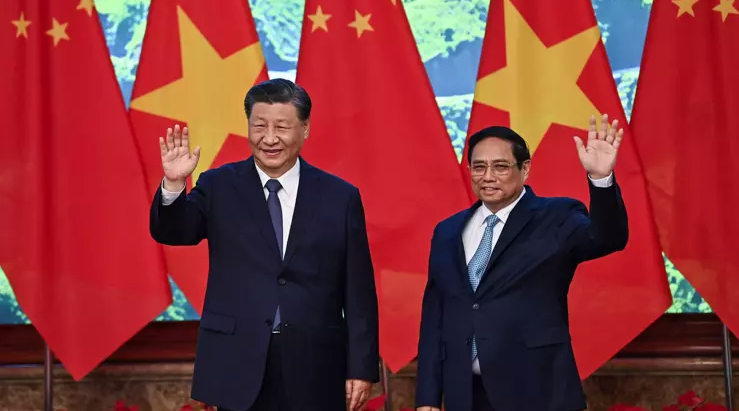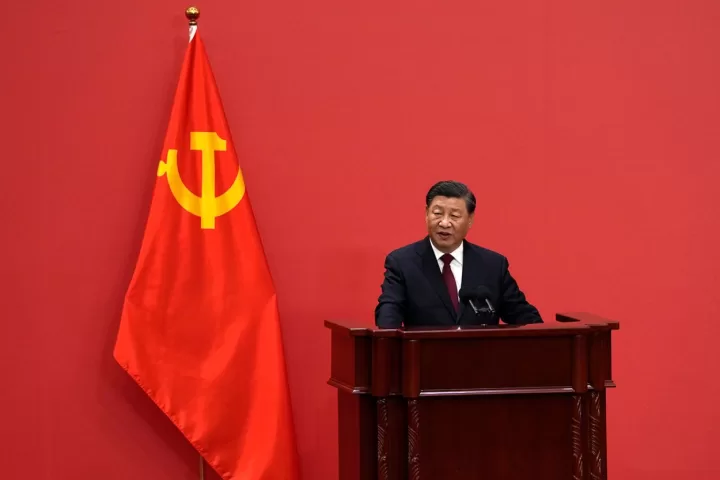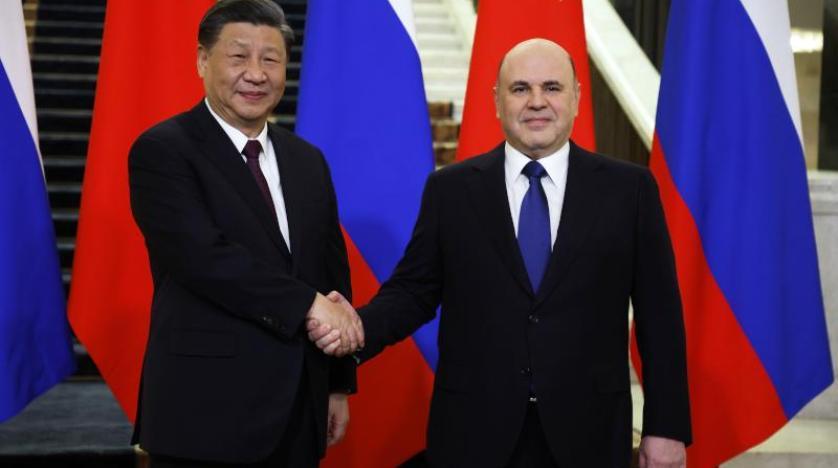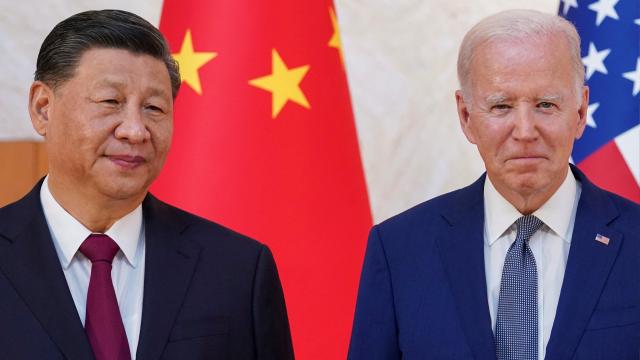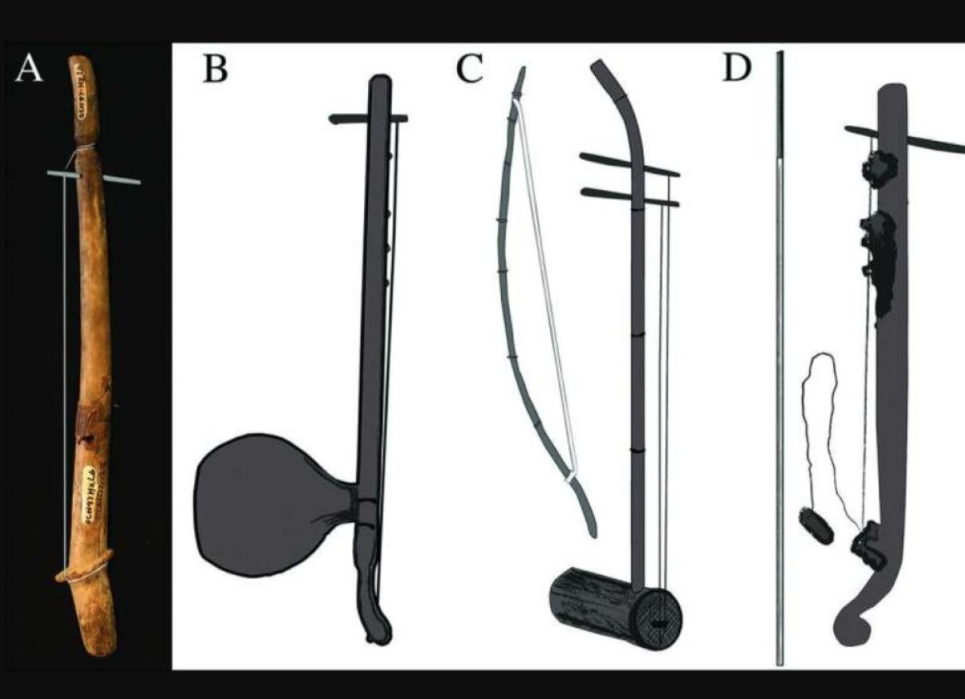In the intricate dance of international diplomacy, Chinese President Xi Jinping’s recent two-day visit to Vietnam emerges as a significant and multi-faceted event. This diplomatic choreography unfolds against the backdrop of escalating tensions in the South China Sea, where the United States has been assertively navigating through the Philippines. Let’s dissect the nuances of this visit in three dimensions.
First and foremost, the timing of the visit amidst heightened provocations by the U.S. in the South China Sea, utilizing the Philippines as a focal point, cannot be overlooked. By signing 37 agreements covering defense and maritime areas with Vietnam, the country that shares the longest border with China in the South China Sea, China aimed to showcase its influence in the region, sending a clear message to the U.S. This move is crucial in preventing the regionalization of issues between China, the Philippines, and Vietnam and thwarting U.S. attempts to exploit the situation.
[su_posts posts_per_page=”1″ post_type=”any” tax_term=”22757″ offset=”1″ order=”desc” orderby=”id” post_status=”any” ignore_sticky_posts=”yes”]
Delivering a ‘Rock-Solid’ Message to the U.S.
Secondly, the United States views Vietnam as a significant player in its Asia-Pacific strategy, following India. President Biden’s September visit to Vietnam elevated the relationship to a “comprehensive strategic partnership,” mirroring Japan’s similar upgrade in November. Xi’s visit, in turn, elevated China-Vietnam relations to the level of a “China-Vietnam community with a shared future based on comprehensive strategic cooperation.” Vietnamese President Vo Van Thuong emphasized the unprecedented depth and resilience of the relationship, asserting that China-Vietnam ties are “rock-solid” and resistant to external efforts to disrupt them.
A Socialist Solidarity in the Face of Challenges
The third dimension of Xi’s visit is its significance for the solidarity between two socialist countries. Invited by both Vietnamese State President Vo Van Thuong and the General Secretary of the Communist Party of Vietnam (CPV) Nguyen Phu Trong, Xi’s discussions emphasized the joint journey of the two nations in the “ship of socialism.” The deepening cooperation between the CPV and the Communist Party of China (CPC) holds the potential to raise the banner of socialism in the 21st century.
Navigating the Waters of Global Strategy
To truly grasp the importance of China-Vietnam cooperation, it is essential to consider the global strategic plans of the Anglo-Saxon world. For instance, a scenario/analysis titled “Why China could be vulnerable in a Taiwan war in the Indian Ocean” by Reuters raises questions about China’s ability to protect 60 oil-carrying ships passing through the Indian Ocean daily. Such scenarios, pondered upon by Western powers, go beyond mere analysis; they hint at strategic planning.
In light of the West’s emphasis on such scenarios, China’s deepening collaboration with Vietnam and its pursuit of a “shared community” become crucial. This collaboration is poised to be a key factor in influencing strategic balances in the region.
In conclusion, Xi Jinping’s visit to Vietnam is not merely a bilateral affair; it is a complex diplomatic maneuver with repercussions on regional and global strategic equilibrium. As the world watches this dance unfold, the intricate steps taken by China and Vietnam may shape the future dynamics of Southeast Asian geopolitics.

